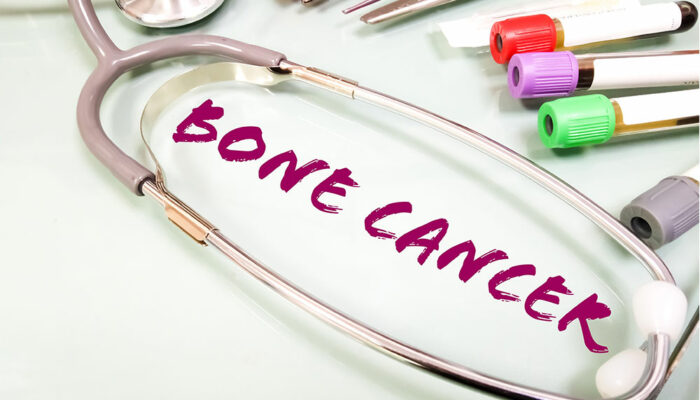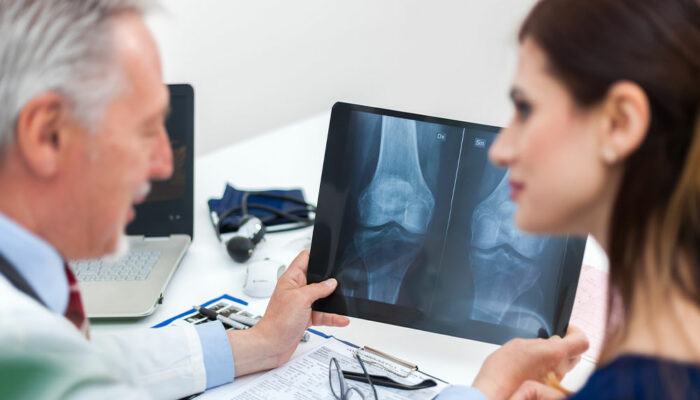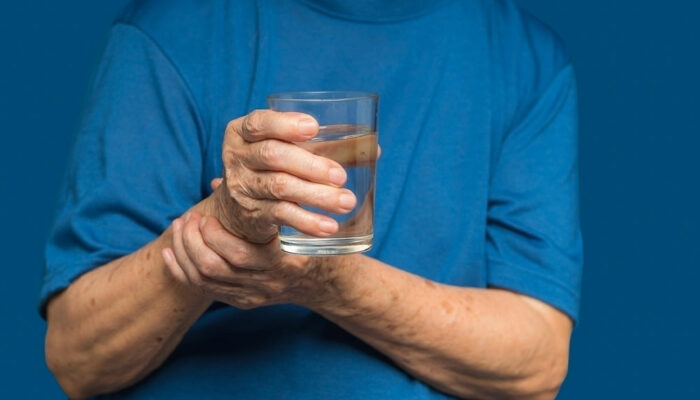
Health
6 uncomfortable questions to ask a gastroenterologist
The gastrointestinal system is one of the most important elements in an individual’s overall health. Therefore, discussing each aspect, whether it concerns digestion or excretion, is essential. Since one may find it embarrassing to talk about these topics with others, it is best to speak to a gastroenterologist instead. The individual should know that discussing these questions with the expert is normal. When it comes to gastrointestinal symptoms, there’s no better place than a health clinic. What is the cause of excessive gas? An individual may pass more gas than usual but neglect to speak about it. However, it is one of the most important processes in gastrointestinal health and should be discussed with an expert. Passing excessive gas could occur due to flatulence – a process where one swallows more air than usual. It could also occur when the person eats food that cannot be digested easily. Excessive gas could occur due to health conditions, including irritable bowel syndrome or recurring digestion. And speaking with an expert could help relieve any stress caused by the condition and look for suitable remedies. Why are feces colored unusually differently? Another common topic most people avoid discussing is the unusual color of feces.
Read More 








